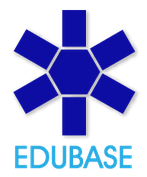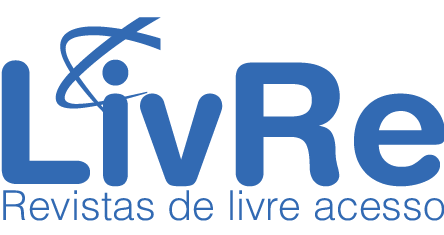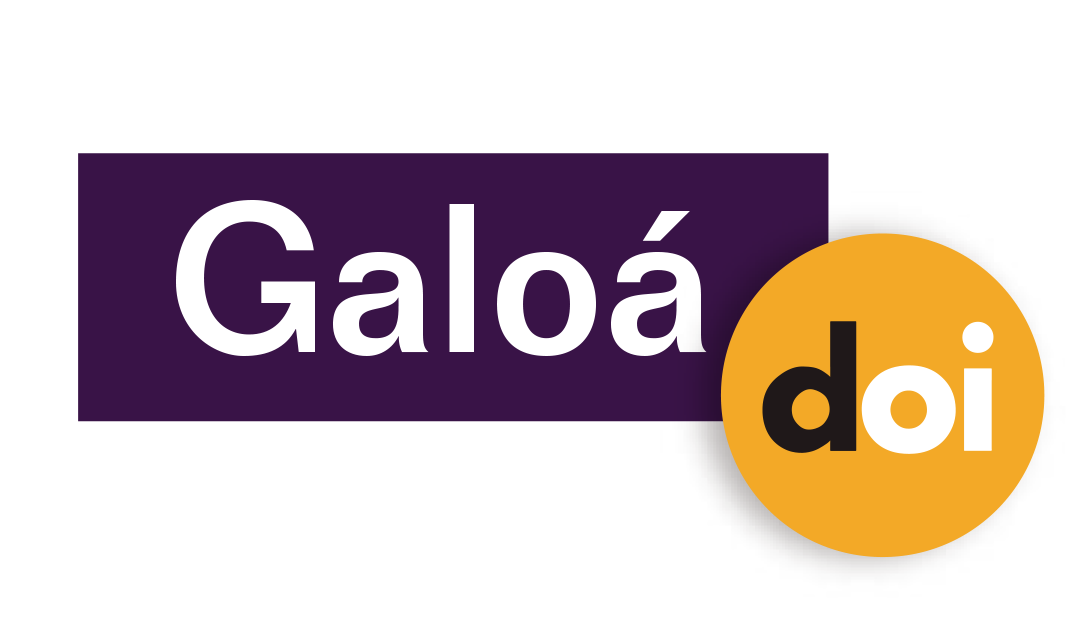Mobile Math Trails: An Experience in Teacher Training with Mathcitymap
Resumo
Background: Studies show that the outdoors can be a privileged context to promote positive attitudes towards mathematics. Objectives: We aim to address the following questions: 1) Which pros and cons are pointed out by pre-service teachers of elementary education to the use of MathCityMap (MCM)? 2) How can we characterise the participants’ engagement in a math trail performed with MCM? Design: We followed a qualitative, interpretative methodology. The paradigm choice was because the main goal was to understand the perspective and reactions of the participants to a particular situation. Setting and Participants: The participants were 48 pre-service teachers of elementary education attending the first semester of the 3rd year of an undergraduate course at a public higher education institution in Portugal. Data collection and analysis: Data were collected during the classes of a unit course on Didactics of Mathematics. The pre-service teachers answered a questionnaire, followed by the implementation of a mobile math trail. At the end of this experience, the participants filled out another questionnaire. Participant observation and audio-visual records were also applied. Thus, the analysis involved a qualitative and inductive approach, resorting to content analysis. Results: The pre-service teachers were actively engaged during the math trail, showing interest in solving the tasks, using MCM, and focused on finishing the activity, evidencing persistence and will to be involved in the discussions. We also identified anxiety and frustration related to the outcome of a particular task. Strategies of different nature were used, mainly associated to the level of cognitive demand of the tasks. As pros, they considered the app intuitive, promoting autonomy, spatial orientation and collaborative work and highlighted as cons the inaccessibility to Wi-Fi, younger students’ not having smartphones/tablets, and the limitation of answer formats in task design. Conclusions: Results encourage the use of MCM as a valuable tool in outdoor mathematics education.
Palavras-chave
Educação matemática; Formação de professores
Texto completo:
PDF (English)DOI: https://doi.org/10.17648/acta.scientiae.7597
Apontamentos
- Não há apontamentos.
Direitos autorais 2023 Ana Barbosa, Isabel Vale

Esta obra está licenciada sob uma licença Creative Commons Atribuição 4.0 Internacional.
ANÚNCIOS
Informamos que, a partir de outubro de 2024, a revista Acta Scientia volta a aceitar submissões de artigos para publicação.
Mais, informamos que sites fraudulentos, https://periodicos-ulbrabr.org e https://periodicos-ulbrabra.org, estiveram se passando pela Acta Scientiae, utilizando nosso nome e identidade visual e até solicitado taxas de APC, que nós não cobramos. Aconselhamos cautela para evitar serem enganados por sites semelhantes.
Conceito A2 na Capes(2021)
Índice h5 do Google Scholar: 13
Índice mediana h5 do Google Scholar:24
eISSN: 2178-7727
Indexações:
A Acta Scientiae é indexada em: | Scopus |  | Latindex |  | Edubase (SBU/UNICAMP) |
 | Sumarios.org |  | Google Scholar |  | Portal LivRe (CNEM) |
 | Journals for Free |  | REDIB |  | Galoá DOI |

Todos os trabalhos publicados aqui estão sob uma licença Creative Commons - Atribuição 4.0 Internacional.
